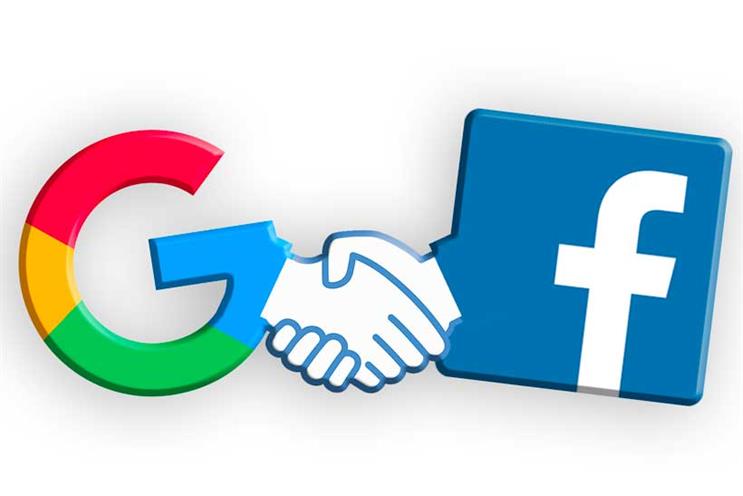The Financial Times recently published a prophesying the inevitability of a Facebook/Google duopoly. The hypothesis for this assertion comes down to funding from venture capital – or at least the lack of it. The writer quoted stats that show venture capital funding for adtech start-ups fell by 17% in 2016, putting it at lowest point in five years.
The day after the FT piece was published, Jason Kint of advertising trade group Digital Context Next posted his latest on how much of the sector’s growth could be attributed to Google and Facebook in Q3 2016 – that figure stood at 99%!
Yes, it is absolutely valid to say that Google and Facebook sit at the top of the food chain, but there’s more to this sector than those two players. Whilst they may own a great deal of the inventory and plumbing, there’s a large adtech ecosystem in place around them comprised of businesses that help their clients monetise those and other advertising platforms. This continues to grow as telcos, broadcasters, publishers, diversified software vendors, as well as lesser known Asian-HQ corporates, all make larger strategic plays to capture some of this growth.
So, let’s consider what’s really behind the drop in VC funding? Fundamentally, the market is starting to mature and adtech businesses simply won’t get funded unless they can prove they have substance, longevity and differentiation. No longer are people willing to fund ‘me too’ propositions just to get involved into the market.
Even though growth may be substantial and revenues continue to increase, the demands of what makes a good adtech company have changed. Investors – both on the public and private markets - are much more stringent in what they look for. Below is a selection of the top drivers of value and investment interest – and to get investment at a strong valuation, more than one of the following is needed:
-
Revenue Growth – and growth that is sustainable, rather than just short term. As the FT article rightly suggested, there are many companies that achieve incredible revenues rapidly, only to see this growth as unsustainable.
-
Proprietary relationships – being able to provide long-term/ long-duration trading contracts with agencies, exclusive publisher contracts etc.
-
Direct to advertiser relationships and being able to prove continuation and growth of customer relationships.
-
Profitability (or at the very least an achievable pathway to profitability, in the near term).
-
International capabilities – being able to service customers and execute & localise campaigns across multiple territories – offering clients the ability to manage their entire global media spend consistently and through one platform.
Innovation & disruption – doing something that no one else is and proving how and why what you’re doing isn’t just a ‘me too’ proposition.
Excellent management – fundamentally investors back people – those with a strong track record of success are likely to receive further backing.
Partnerships – strong commercial ties with a potential acquirer – this gives an investor confidence in their eventual exit from the business and how they’ll make their money!
It’s worth remembering too that, whilst funding might have slowed,c. There are lots of potential buyers out there, and again it’s not just Facebook and Google; after all the likes of Oracle, Salesforce, SAP own CRM and ERP ecosystems on which those companies are built.
Many of the big corporates are acquisitive as they seek to leverage their proprietary assets (be it data, distribution etc), re-instate growth into their businesses and to round out their digital offer to chief marketing officers. Being able to offer a one-stop-shop of adtech/martech services goes beyond the remit of what Google or Facebook can offer at this point.
Mark Williams is director at Results International


